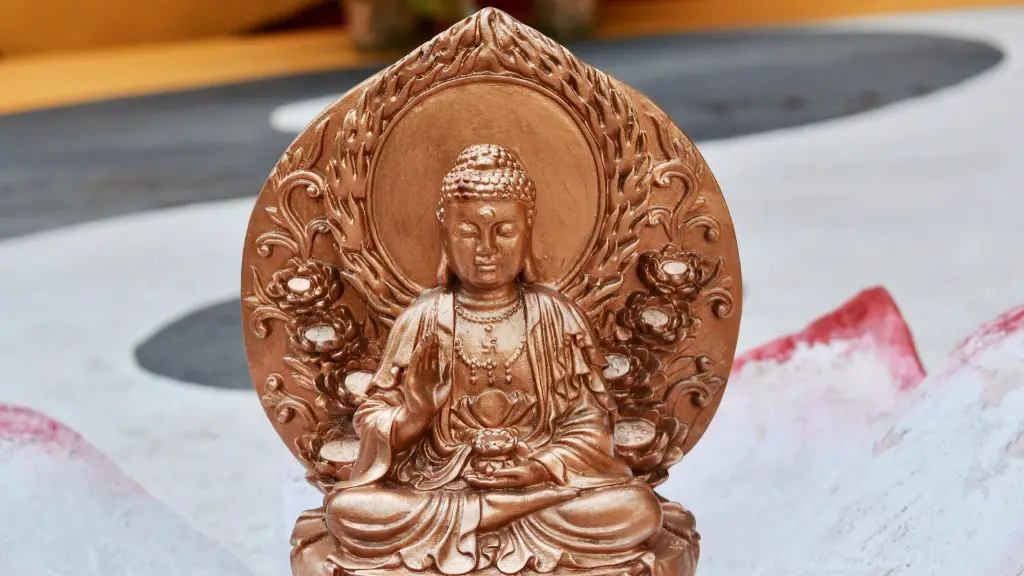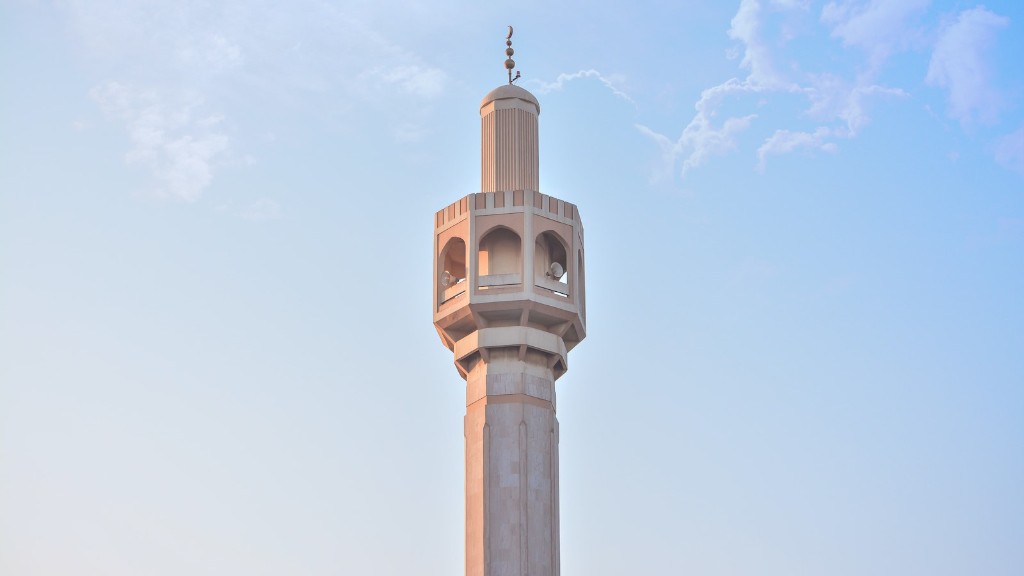The answer may vary depending on who you ask, but there are a few similarities in how most Jews pray. One similarity is that most Jews pray in Hebrew. Another is that most Jews pray three times a day–during the morning, afternoon, and evening. Many Jews also pray while facing east, towards Jerusalem.
Judaism teaches that prayer is an essential part of religious life. The sages of the Talmud (Berakhot 6a) teach that “prayer is the service of the heart” and that it is incumbent upon every Jew to pray daily.
There are many different ways to pray in Judaism, ranging from informal personal prayers to formal liturgical prayers. Jews can pray individually or collectively, in silence or out loud, and in private or in public.
There is no one right way to pray, but there are some basic guidelines. Jewish prayers are typically in Hebrew, but they can also be in any other language. prayers are often directed to God, but they can also be directed to other beings, such as angels or deceased relatives.
The content of Jewish prayers can be anything from petitions and supplications to thanksgiving and praise. Jewish prayers can be formal or informal, spontaneous or scripted.
One of the most important things to remember when praying in Judaism is that prayer is not a monologue, but a conversation. Prayer is an opportunity to talk to God, to listen to God, and to connect with the Divine.
What do Jews say when they pray?
The Shema is the central affirmation of Judaism and expresses belief in the singularity of God. The prayer is traditionally recited twice a day, as part of the morning (Shacharit) and evening (Arvit or Ma’ariv) services.
Prayer is a central part of religious life for many Jews. Jews are required to pray three times a day: once in the morning (shacharit), once in the afternoon (mincha), and once at night (ma’ariv/arvit). Each of these prayers has a different purpose and different content.
How do Jews pray and worship
A Jew prays at home and in the synagogue in order to invite God into their daily lives. The blessings they recite each day help to remind them of God’s will and also provide a way to connect with and study the Word of God on a daily basis.
Praying regularly is a great way to build your relationship with God. The more you pray, the better you will become at it. Prayer is an important part of the Jewish faith, and Jews are supposed to pray three times a day: morning, afternoon, and evening. The Jewish prayer book (called a siddur) has special services set down for this. So if you want to get better at praying, make it a point to pray regularly.
How do Jews refer to God in prayer?
The Tetragrammaton is the name of God used most often in the Hebrew Bible. Jews traditionally do not pronounce it, and instead refer to God as HaShem, literally “the Name”. In prayer, the Tetragrammaton is substituted with the pronunciation Adonai, meaning “My Lord”.
The congregation is sometimes prompted to answer “amen” by the terms ve-‘imru (Hebrew: ואמרו) = “and [now] say (pl),” or, ve-nomar (ונאמר) = “and we will say” Contemporary usage reflects ancient practice: As early as the 4th century BCE, Jews assembled in the Temple responded “amen” at the close of a doxology or .
Do Jews sing their prayers?
In Judaism, prayers are traditionally chanted or sung rather than being read. Some people train to become a hazzan or hazzanit, which means they are trained to lead services and read the Torah using the traditional nusach or trope (tunes for prayers and reading the Tenakh).
Judaism considers some names of God to be so holy that they should not be erased once they have been written down. These names include YHWH, Adonai, El (“God”), Elohim (“God,” a plural noun), Shaddai (“Almighty”), and Tzevaot (“[of] Hosts”). Some people also include Ehyeh (“I Will Be”) in this list.
What are the 3 main prayers
Prayers for protection, transformation, and restoration are all powerful ways to seek God’s help and guidance. Whether we are facing a personal challenge or a global crisis, these prayers can help us to repent, receive forgiveness, and be renewed in our relationship with God.
The Zohar is a mystical text that teaches that a person’s soul emanates from divine light. Every time a Jew engages with the Torah, the light of his or her soul ignites, which is why he or she moves like the flame of a candle. This teaching helps us to understand the importance of Torah study and how it can help us to connect with our own divine nature.
What is the most powerful Hebrew prayer?
The Shema is an important prayer for Jews because it reminds them that there is only one God. This is a key principle of the Jewish faith, known as monotheism. The Shema comes from the Torah, specifically the verse “Hear, O Israel: the Lord our God, the Lord is one” (Deuteronomy 6:4).
The hour of 3pm is significant because it marks the time of Jesus’ death on the cross. As we remember Jesus and His sacrifice for us, we can also ask for His mercy and forgiveness. This is a special time to be close to Jesus and to reflect on His great love for us.
What is the morning prayer in Judaism
Modeh ani is a way of expressing gratitude to God for all of the blessings in our lives. By reciting this prayer, we are reminded to start each day with a thankful heart.
The origin of the phrase “God bless you” is found in the Hebrew Bible. The phrase has been used by Jews since the time of the early Church as a benediction, as well as a means of bidding a person Godspeed. Christians also use the phrase as a way to express their good wishes for another person.
Do Jews call God Jehovah?
Jehovah is the personal name of God in Christianity, and is derived from the Tetragrammaton, the Hebrew name for God. The Tetragrammaton is considered one of the seven names of God in Judaism, and is used in the Hebrew Bible/Old Testament. Jehovah is a Latinization of the Hebrew form of the Tetragrammaton, and is the name used in most English-language translations of the Bible.
Since the Temple in Jerusalem no longer exists, the four letter name of God, YHWH, is no longer uttered in religious rituals by Jews. Orthodox and Conservative Jews never pronounce it for any reason.
How do you say hello in Judaism
Shalom is the most common of all the Jewish greetings and it means hello, goodbye and peace. Shalom is used as a greeting when you meet someone and also when you say goodbye to someone. Shalom is also used to wish someone peace.
These words are used to express gratitude to God for His many blessings. When used at the beginning of a prayer, they remind us that God is the ultimate source of all blessing and power.
Final Words
There is no single answer to this question as different people have different ways of praying. Some people pray alone, while others pray in groups. Some people pray multiple times a day, while others only pray on special occasions. There are many different Jewish prayers, so it is up to the individual to decide which ones to use and how to use them.
Judaism is a diverse religion with many different forms of prayer. Some common elements of Jewish prayer include thanking God for blessings, asking for forgiveness, and petitioning for help. There is no one right way to pray in Judaism, and people are free to express themselves however they wish. Ultimately, the goal of prayer is to connect with God and to feel closer to the divine.





